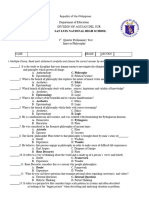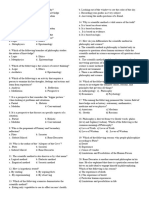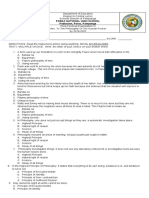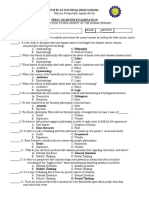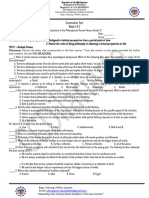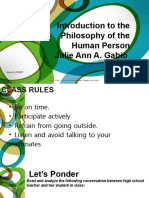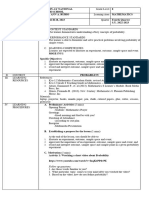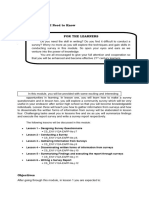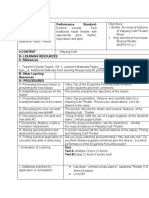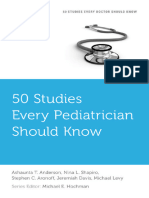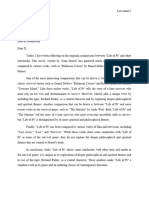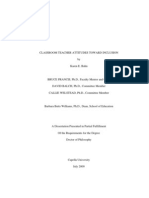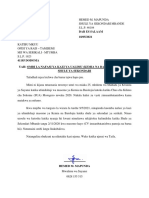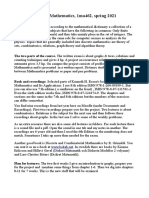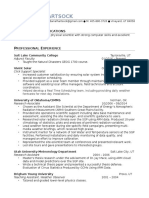0% found this document useful (0 votes)
27 views1 pageSummative Test
This document provides a 15 question summative test on the introduction to philosophy of the human person. The questions cover topics such as the definition of philosophy, its branches, key philosophers like Plato, Socrates, and Pythagoras, and concepts like wisdom, knowledge, and examination of thoughts and actions. The test aims to assess understanding of foundational ideas and thinkers in philosophy. It concludes by asking students to explain in 1-2 paragraphs why the study of philosophy is important.
Uploaded by
Rey Ann RubioCopyright
© © All Rights Reserved
We take content rights seriously. If you suspect this is your content, claim it here.
Available Formats
Download as DOCX, PDF, TXT or read online on Scribd
0% found this document useful (0 votes)
27 views1 pageSummative Test
This document provides a 15 question summative test on the introduction to philosophy of the human person. The questions cover topics such as the definition of philosophy, its branches, key philosophers like Plato, Socrates, and Pythagoras, and concepts like wisdom, knowledge, and examination of thoughts and actions. The test aims to assess understanding of foundational ideas and thinkers in philosophy. It concludes by asking students to explain in 1-2 paragraphs why the study of philosophy is important.
Uploaded by
Rey Ann RubioCopyright
© © All Rights Reserved
We take content rights seriously. If you suspect this is your content, claim it here.
Available Formats
Download as DOCX, PDF, TXT or read online on Scribd
/ 1




